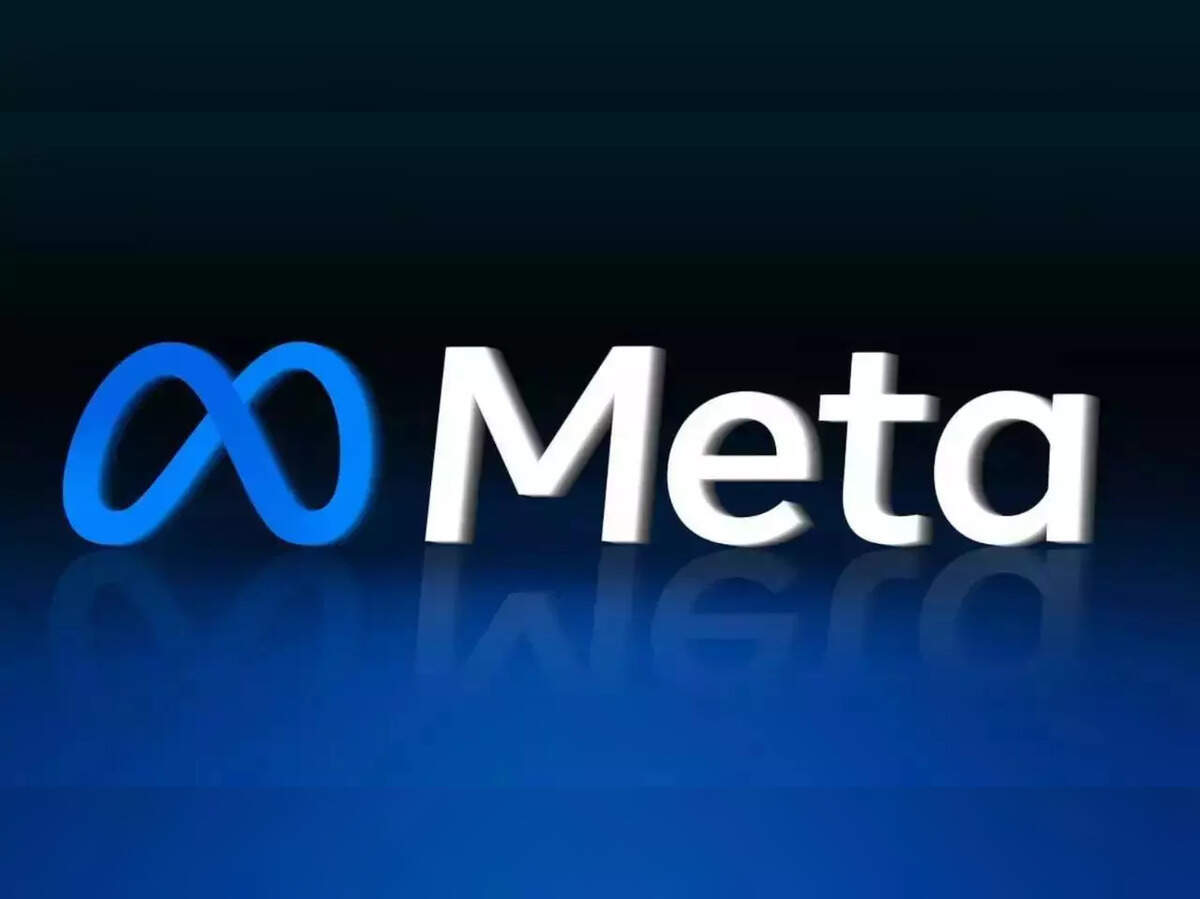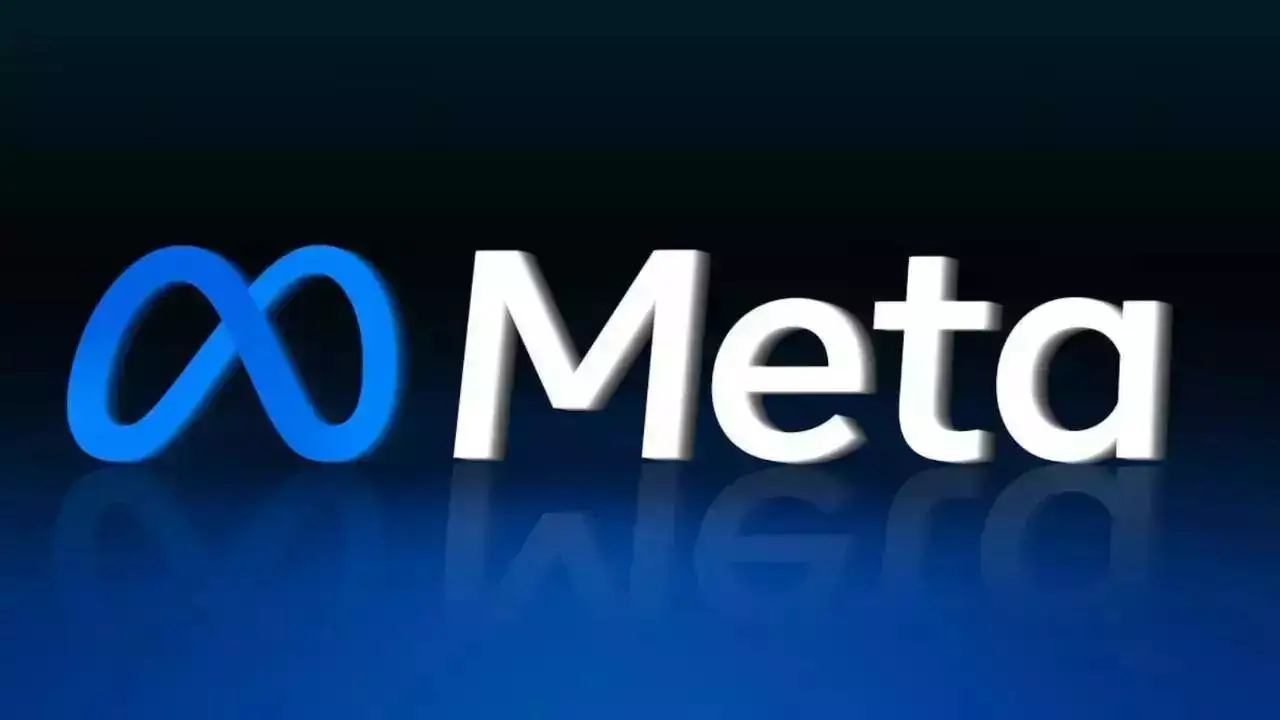The Mark Zuckerberg-led company recently began an intense effort to poach top artificial intelligence (AI) talent for its newly created Superintelligence Labs, as it seeks to take on rivals OpenAI, Google and Anthropic. As part of those efforts, it dangled handsome compensation packages to woo its recruitment targets.
The company has been providing total annual remuneration ranging from $1 million to $1.4 million for AI positions, including the base salary, a yearly bonus, and amortised stock value.
However, this promise of a lucrative salary apparently has a catch. One engineer, who rejected the offer, told the publication that Meta expected “personal sacrifices” in exchange for such high salaries — sacrifices on the work-life balance front and on the principles individual employees adhere to when it comes to AI.
These demands seem to be putting off many others from accepting Meta’s offers. Both Anthropic and Google’s DeepMind are said to have lost far fewer staff to Meta than other companies.
The acquisition of Scale AI, which happened before the reveal, seemed innocent enough. Meta bought the company for $14.3 billion — in a so-called acquihire deal. As part of the deal, Meta hired the former Scale AI CEO, Alexandr Wang, to head the new division as chief AI officer.
But then the hiring spree started, with OpenAI apparently the main target.
As per The Verge report, Meta has recruited up to 10 of OpenAI’s leading researchers and model developers, with some compensation packages said to total as much as $300 million over four years, including equity. However, the report also mentioned that Meta disputes this figure.
That said, OpenAI has not been Meta’s only destination for talent acquisition. Several high-profile appointments have taken place, such as AI startup Safe Superintelligence’s CEO Daniel Gross; Ruoming Pang, head of Apple’s Foundation Models team; and Nat Friedman, the former CEO of GitHub.
The back-to-back hirings by Meta suggest that the company is now trying to catch up with competitors in the AI race, having fallen behind while it focused heavily on the metaverse. The Verge reports that the company’s Llama AI models often perform poorly on publicly available performance rankings.
Discussions about the poaching started when OpenAI CEO Sam Altman revealed in his brother Jack’s Uncapped podcast that Meta has been offering his employees bonuses as high as $100 million to recruit them.
Also Read: Meta is not ‘great’ at innovation: OpenAI CEO Sam Altman
OpenAI now seems to be following in Meta’s footsteps. The ChatGPT maker hired employees not just from Meta but also from Elon Musk’s companies. It brought in David Lau, who was previously Tesla’s vice president of software engineering, to join its scaling team. OpenAI has also added Uday Ruddarraju, former head of infrastructure engineering at xAI and X; Mike Dalton, an infrastructure engineer from xAI; and Angela Fan, an AI researcher from Meta.
All of this appears to be ultimately aimed at achieving artificial general intelligence — a system with human-level cognitive abilities, or even superintelligence, which would go beyond human capabilities.
Given the intensity of the competition, it may be only a matter of time before these ambitions become reality.




